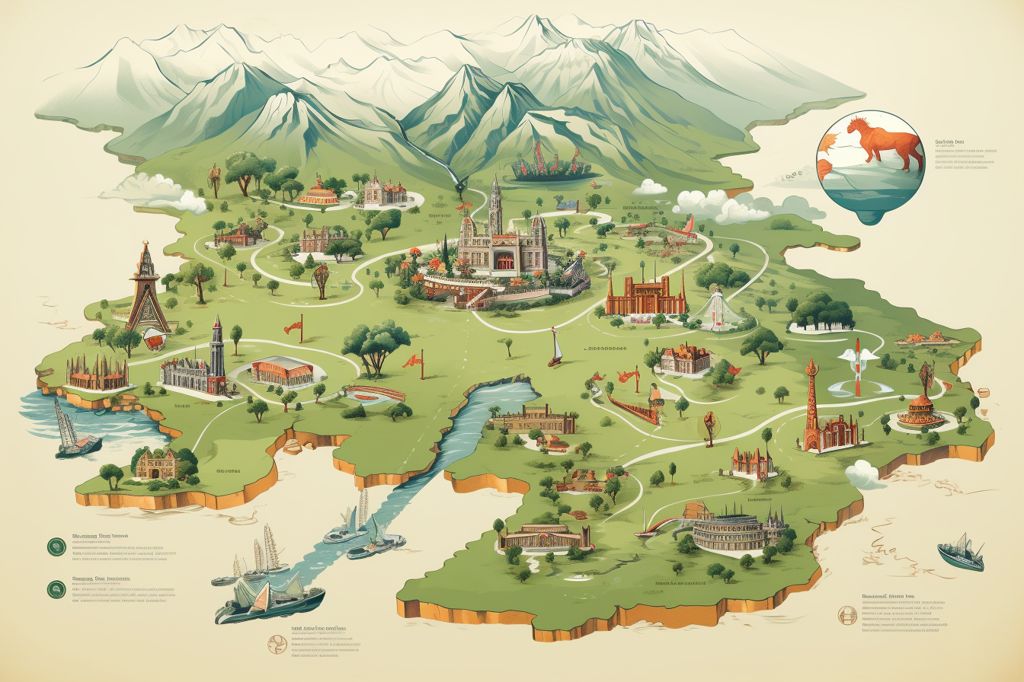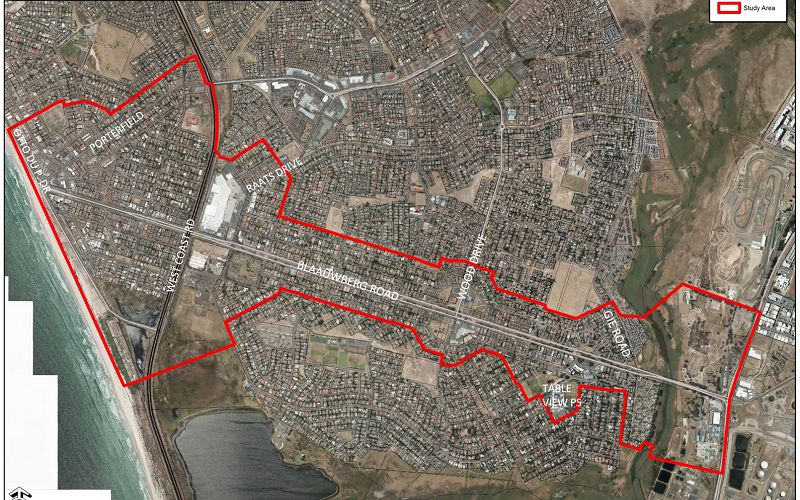South Africa’s Minister of Tourism, Patricia de Lille, has released a Green Paper on the Development and Promotion of Tourism in the country, signaling a renewed focus on the crucial sector during Tourism Month and the forthcoming Summer Campaign.
The Vision for Sustainable and Inclusive Growth
The Green Paper aims to address the potential of tourism as a key driver of job creation and economic growth, both in South Africa and around the world. Despite tourism’s upward trajectory over the past decade, the sector has yet to realize its full potential. The new Green Paper seeks to foster sustainable and inclusive growth in the tourism sector, with a focus on employment generation, adaptation to innovation, and resilience in the face of future crises.
Key Aspects of the Green Paper
The Green Paper emphasizes four policy thematic areas, with specific focuses under each. These areas include evolving former policy areas such as tourism governance, safety and security management, and transformation; emerging policy issues like embracing technology, crisis management, accessing the destination, quality visitor services, skills supply and employment, and tourist services; policy issues for targeted growth, including prioritizing rural and peri-urban tourism, enhancing domestic tourism for destination resilience, and destination marketing and branding; and a sustainable growth model encompassing responsible tourism, knowledge management research and insights, tourism diplomacy, and tourism trade and investment.
Unlocking the Full Potential of the Tourism Sector
To fully unlock the potential of the tourism sector, the Green Paper emphasizes creating a regulatory environment that is conducive to technological advancement, increasing tourism’s contribution to the wider economy, and promoting entrepreneurship and employment. The paper highlights the importance of adapting to future crises and ensuring that the sector remains competitive on the global stage.
Public Engagement and Inclusive Policy-Making
The Green Paper is now open for public comment, with a 60-day window for interested parties to submit their written inputs. This opportunity for public engagement reflects the government’s commitment to an inclusive policy-making process and a desire to create a strong foundation for the future of South African tourism.
The importance of tourism to the South African economy has long been recognized, and the new Green Paper aims to align the sector with the country’s strategic objectives. In line with the Economic Reconstruction and Recovery Plan (ERRP), tourism recovery is among the priority interventions to drive economic recovery and reconstruction. The Tourism Sector’s Recovery Plan also highlights the need to review the policy framework to better support the sector’s growth. The Green Paper sets forth a vision for sustainably and competitively growing the South African economy through an inclusive, visitor-oriented tourism sector.








